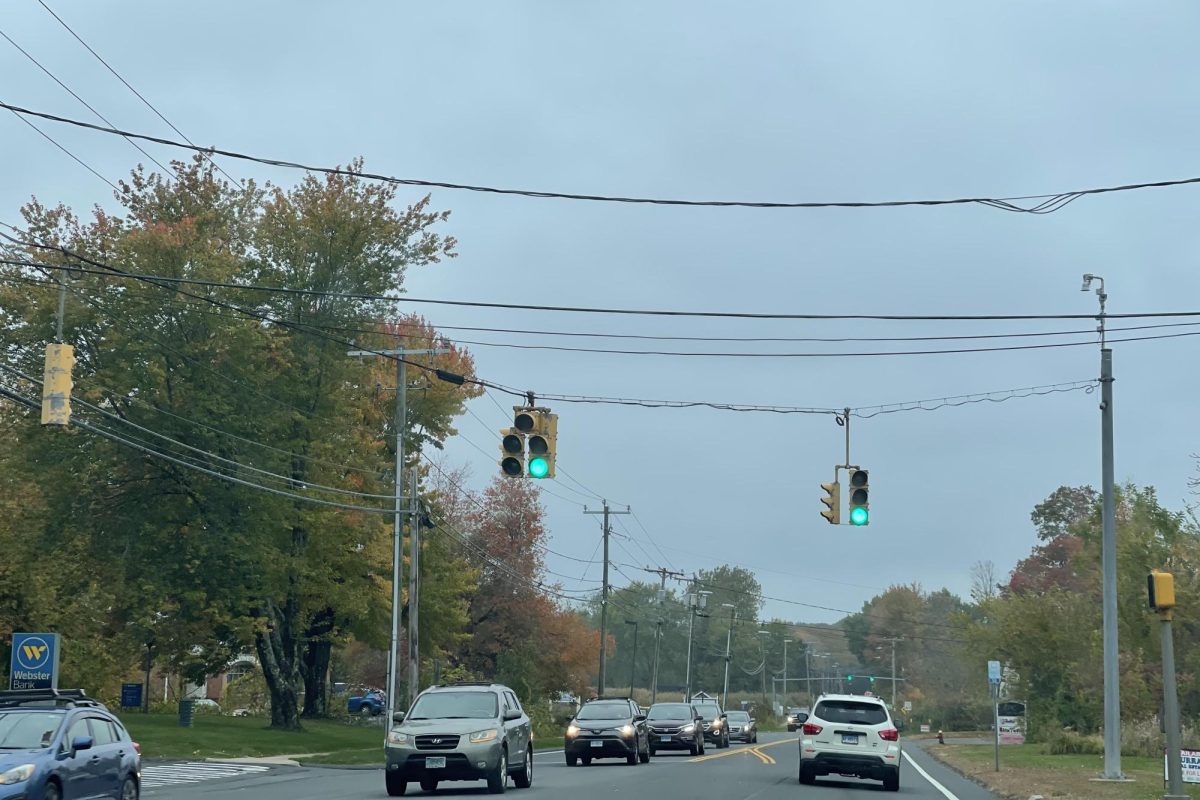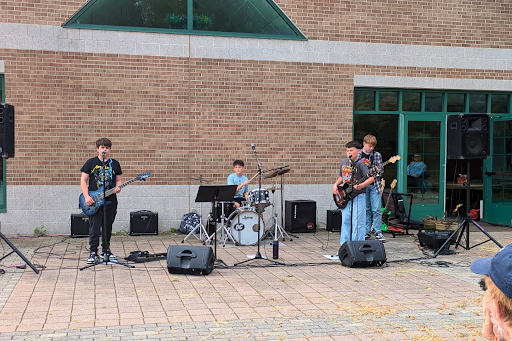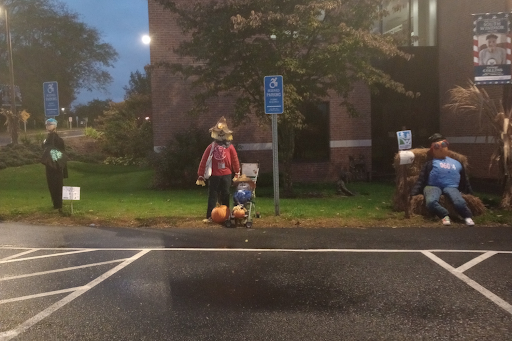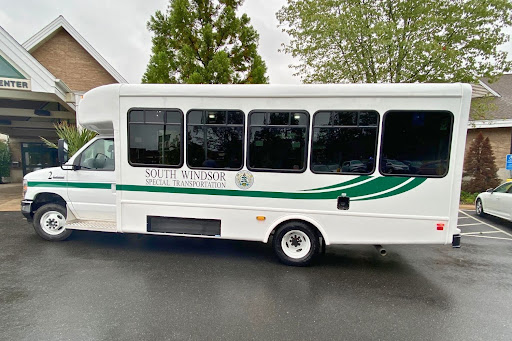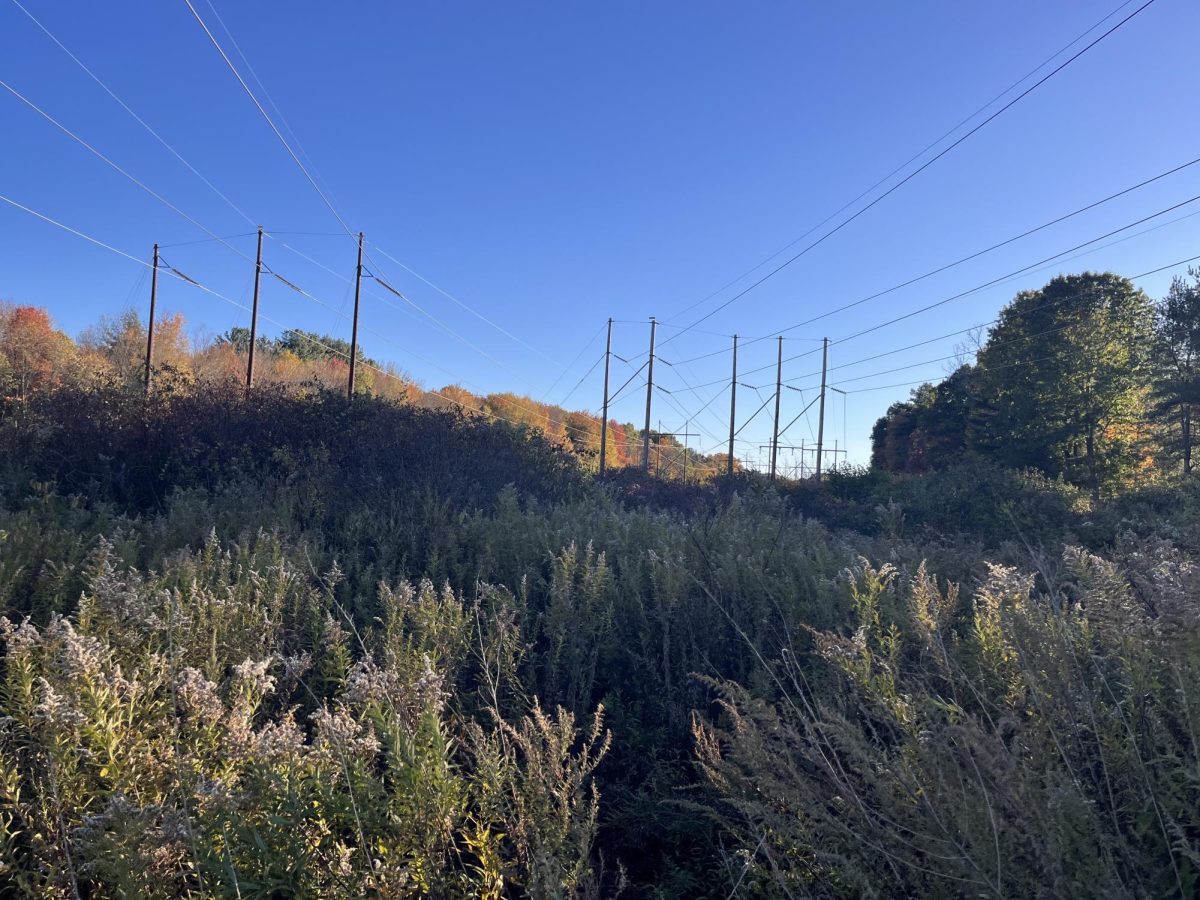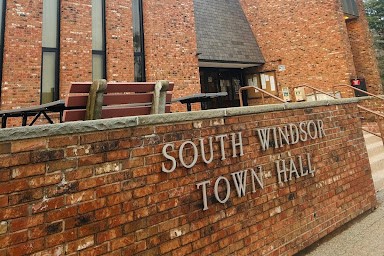
In the town of South Windsor, a local political event has become a dominant topic of discussion. The event in question? A deadlock in the Town Council over the appointment of a new member.
The Democratic seat on the town council, left vacant by the recent resignation of Erica Evans, has become the center of a heated dispute that highlights the complexities of local politics and the influence of national partisan divides on municipalities.
The Democratic Town Committee’s nominee, Michael Paré, a former Board of Education member, has been met with resistance from the Republican majority council. Despite public support, including numerous letter-writing campaigns, and the support of two Republican councilmembers, Paré’s appointment has been blocked three times, leading to a 4-4 deadlock (2 Democrats and 2 Republicans against 4 Republicans).
The Republicans’ reluctance stems from concerns over Paré’s stances on national issues.
This stalemate has drawn criticism from local Democrats, who argue that an incomplete council jeopardizes the town’s ability to effectively navigate the town’s budget cycle.
As the budget season looms, the absence of a complete council looms louder. The question becomes, will the vacant seat complicate the town’s financial planning process?
The resolution of this dispute will not only shape the immediate future of South Windsor but also predict how town officials will navigate future political discourse.



